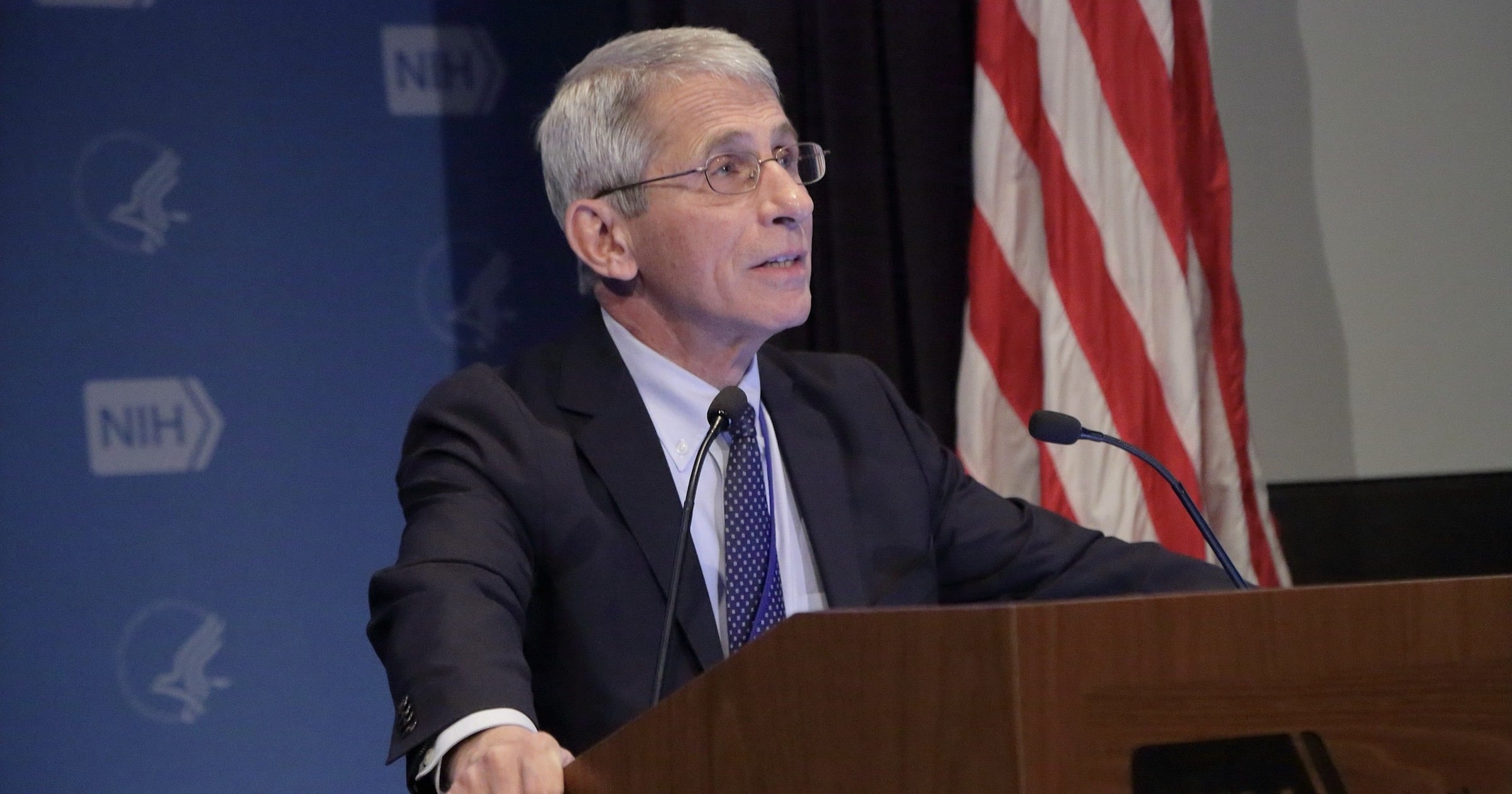 Culture & Ethics
Culture & Ethics
 Medicine
Medicine
What Turned an Esteemed Doctor into a Scheming Authoritarian?

The publication of Anthony Fauci’s autobiography, On Call: A Doctor’s Journey in Public Service (Viking 2024), helps answer a key question: How did the heroic medic who responded successfully to the AIDS crisis in the Eighties morph into the scheming bureaucrat put in charge of the COVID response?
He damaged his reputation by trashing the reputations of sound scientists, denouncing politically inconvenient evidence, and even going so far as to say “I represent science,” as if any human being could.
“For Students of Public Policy”
In a review at City Journal, policy analyst James B. Meigs offers some thoughts, beginning with “For students of public policy, the book raises a related question: How do we prevent brilliant and dedicated public servants like Fauci from turning into Machiavellian schemers?”
Fauci’s life is the kind of all-American success story we love — at least until the final act. The son of Italian immigrants (his father owned a Bensonhurst pharmacy), young Anthony juggled sports and academics, excelling at both. But when his height peaked at 5’7”, the teenaged Fauci realized that brains rather than brawn would be his key to success. While On Call offers only quick sketches of his blazing path through college and medical school, his passion for both patients and scientific research shines through.
JAMES B. MEIGS, ““I REPRESENT SCIENCE”,” CITY JOURNAL, JULY 16, 2024
That attitude served Fauci well when he had to confront angry AIDS activists who accused him of murder. He defueled a crisis by actually listening to them. For one thing, they wanted him to change the rules so that experimental treatments, not yet approved, could be used on patients who had only months to live anyway, thus had nothing to lose, and were willing to try anything plausible. So he did:
As Meigs reports, “soon the parallel track was a standard protocol for AIDS and, eventually, other severe diseases.” But, he goes on to say, what a contrast with the later Fauci dealing with COVID!:
When Stanford public health professor and doctor Jay Bhattacharya, along with two colleagues, published the Great Barrington Declaration, which argued for a partial rollback of lockdowns, Fauci did not invite the dissident experts to his office or try to understand their views. Instead, he and National Institutes of Health director Francis Collins discussed the need for “a quick and devastating published takedown” of their ideas. Soon, the Biden administration was leaning on Google, Twitter, and other platforms to censor Bhattacharya’s statements. Fauci and his colleagues took the same grant-no-quarter stance toward lab-leak proponents, skeptics of blanket vaccine mandates, and other critics.
MEIGS, ““I REPRESENT SCIENCE”
Science Should Sue for Misrepresentation
The COVID response skeptics’ concerns turned out to be quite justified — especially about the harm caused by mass public lockdowns rather than protecting vulnerable persons. And the lab leak theory of COVID’s origin remains an embarrassing but reasonable hypothesis. And what a contrast with the Fauci who listened thirty years earlier!
Meigs offers a diagnosis: “What explains this evolution? Power, for one thing.”
It’s true Fauci had no direct authority over the CDC or the FDA. But he was, for better or worse, the face of the government’s Covid policy. Cities, states, and other federal agencies followed his lead. Moreover, he had the ear of both pandemic presidents. (It’s worth remembering that Trump, despite his blustering statements, mostly followed the doctor’s advice.) At any point, Fauci could have helped moderate America’s immoderate Covid policies with just a few words.
Fauci instead vigorously defended those policies in his many public appearances, and he relitigates the debates in this book.
MEIGS, ““I REPRESENT SCIENCE”
A Timely Warning
Meigs also offers a prescription:
If not for the persistent pushback from a few bold scientists, journalists, and lawmakers, he might have succeeded in shutting down crucial debates entirely. No federal official should have so much power, with so little accountability, for so long.
MEIGS, ““I REPRESENT SCIENCE”
The rise of authoritarian government worldwide, hand in hand with tech giants, makes Meigs’s reflections on Fauci a timely warning.
Cross-posted at Mind Matters News.
